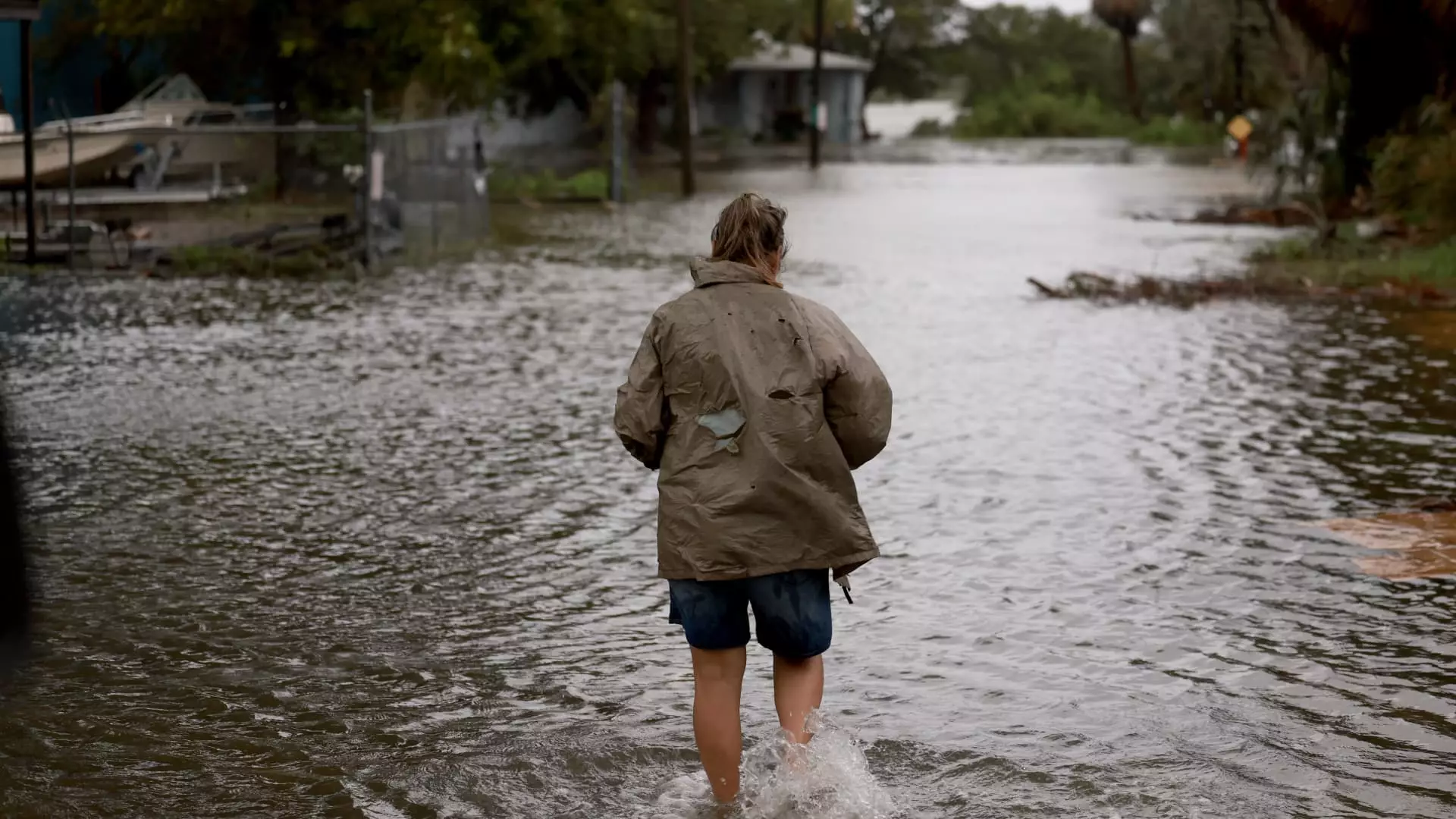Residents in the southeastern United States recently experienced heavy rainfall and flash floods from Hurricane Debby, underscoring the importance of adequate flood insurance coverage. While many homeowners may have flood insurance to protect their property from such events, they may be surprised to learn that most policies do not cover damage to personal property and items stored in basements.
Flood insurance policies, including those offered through FEMA’s National Flood Insurance Program, typically have limitations when it comes to basement coverage. The definition of a basement can vary and may include areas such as sunken living rooms, crawlspaces, and lower levels of split-level buildings. Unfortunately, many personal possessions stored in basements are not covered under these policies.
Items such as personal property (e.g., furniture, electronics), basement improvements, generators, and certain dehumidifiers are generally excluded from coverage in basements. Moreover, items that are not connected to a power source are also excluded from coverage. This means that if a basement is flooded, policyholders may not receive compensation for these items.
Given the limitations of basement coverage under standard flood insurance policies, policyholders should carefully assess their risk exposure and consider alternative solutions. Peter Kochenburger, an insurance expert, recommends removing valuable items from basements and storing them in a safer location on higher ground. Additionally, policyholders can opt for additional “contents coverage” to protect certain items if they are connected to a power source.
While FEMA provides flood insurance policies to many Americans, private insurers also offer flood coverage and may provide broader protections for personal property in basements. Don Griffin, a representative from the American Property Casualty Insurance Association, suggests exploring private insurance options for more comprehensive coverage.
In response to the ongoing challenges with basement coverage, FEMA has proposed updates to enhance basement coverage for policyholders. These updates aim to address the limitations of current policies and provide better protection for valuable items stored in basements. By revising the Dwelling Form and expanding coverage options, FEMA seeks to improve the overall effectiveness of flood insurance.
To streamline the claims process in the event of a flood, policyholders are advised to document essential information about equipment and appliances in their basements. This includes details such as manufacturer, model, serial number, and capacity. By maintaining accurate records, policyholders can ensure that they have the necessary information to file a claim and receive compensation for damages.
Understanding the limitations of flood insurance coverage for basements and personal property is essential for homeowners and renters in flood-prone areas. By evaluating their insurance needs, exploring private insurer options, and taking proactive steps to protect valuable items, policyholders can better prepare for potential flood events. While flood insurance may have its limitations, informed decision-making and risk management practices can help mitigate the financial impact of flood damage.

